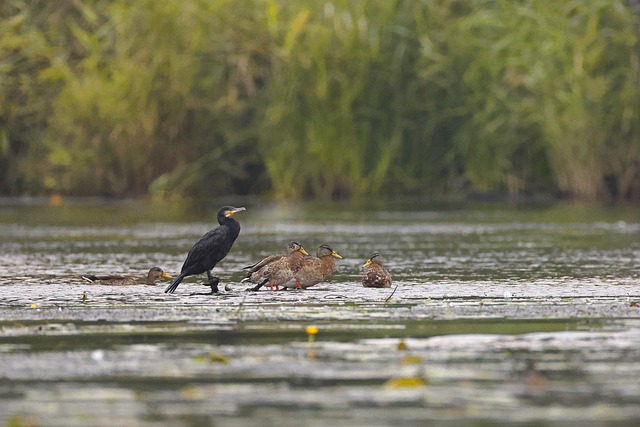etomino 🌞 Etomino: A Marvel of Nature’s Tiny Engineers

Etomino: A Marvel of Nature’s Tiny Engineersetomino

Imagine a world so intricate and vibrant that it works like clockwork, where each tiny creature plays a vital role in maintaining the balance of ecosystems. Welcome to the remarkable universe of etomino, an extraordinary phenomenon that showcases the ingenuity and resilience of insects. Often overlooked due to their small size, these little architects are a testament to the power of collective effort and the magic of nature that unfolds right beneath our feet.
At first glance, one might think of etomino as merely a collection of buzzing bees, industrious ants, or the charming light show of fireflies. But delve deeper, and you will see a complex tapestry of behavior and structure that reveals the heart of ecological dynamics. These tiny engineers are responsible for pollination, soil aeration, and nutrient cycling, weaving the very fabric of life on Earth.etomino

Consider the humble ant, often dismissed as a mere pest. In reality, these little creatures are the ultimate team players. They work tirelessly to build intricate colonies that can consist of thousands, if not millions, of individuals. Each ant has a specific role, whether as a forager scouring the ground for food, a soldier defending the nest, or a caretaker nurturing the queen’s offspring. Their cooperation is a stunning display of social organization that rivals even the most sophisticated human systems.
Then there are the bees, nature’s ultimate pollinators. These small but mighty insects are essential for the reproduction of a vast array of flowering plants. As they flit from bloom to bloom, they inadvertently carry pollen, facilitating fertilization and the production of fruits and seeds. This process not only sustains the plants but also supports entire ecosystems and food webs. Without bees, many of our favorite foods—from juicy strawberries to crunchy almonds—would vanish from our plates.
And let’s not forget the fascinating world of dung beetles, which may not sound glamorous but play a critical role in nutrient recycling. These industrious little creatures roll and bury animal waste, breaking it down and returning vital nutrients to the soil. Their actions enrich the earth, promoting healthier plant growth and ensuring a vibrant landscape. It’s a dirty job, but someone has to do it!
Yet, despite their importance, the world of etomino is under threat. Habitat destruction, pesticides, and climate change are wreaking havoc on insect populations. The decline of these tiny engineers could spell disaster for the ecosystems they support. The ripple effect of losing even a single species can lead to the collapse of entire food webs, underscoring the interconnectedness of life.
The plight of etomino is a call to action. It’s time to shift our perspective and recognize the significance of these small creatures in the grand scheme of life. We must advocate for sustainable practices, support local ecosystems, and educate ourselves and others on the importance of biodiversity. Simple actions like creating pollinator-friendly gardens, reducing pesticide use, or supporting organic farming can make a world of difference.etomino
Moreover, let’s celebrate the beauty of etomino! Take a moment to observe the bustling activity in your backyard or local park. Marvel at the intricate patterns of a spider’s web glistening with dew, or the mesmerizing dance of a butterfly as it flutters from flower to flower. Each sighting is a reminder of the wonder that exists in our natural world, waiting to be discovered and cherished.
In conclusion, etomino is not just a theme; it’s a vibrant and essential part of our ecosystem that deserves our attention and respect. These tiny engineers, with their complex social structures and critical ecological roles, are a testament to the power of nature’s design. Let us embrace our role as stewards of the earth, ensuring that we protect and preserve the delicate balance that allows life to flourish. By doing so, we not only safeguard the future of these remarkable creatures but also ensure a healthier planet for generations to come. So the next time you encounter an ant, a bee, or any other insect, take a moment to appreciate the marvels of etomino—a world of extraordinary significance humming right beneath our noses.
Fale conosco. Envie dúvidas, críticas ou sugestões para a nossa equipe através dos contatos abaixo:
Telefone: 0086-10-8805-0795
Email: portuguese@9099.com


